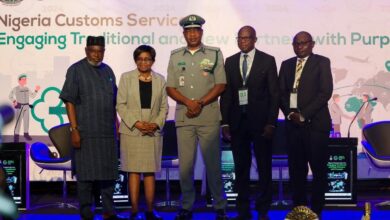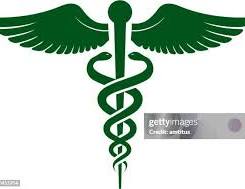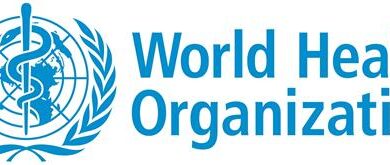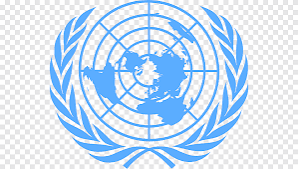COVID-19: Experts Call For Equitable Distribution Of Vaccines To All Countries
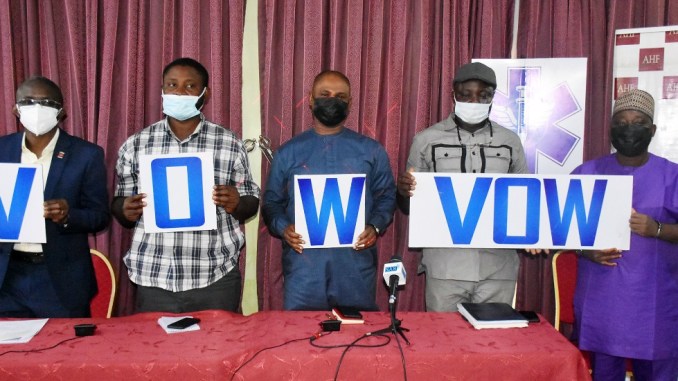
The AIDS Healthcare Foundation (AHF), Civil Society Organisations (CSOs) and health experts within and outside Nigeria have called on the World Health Organisation (WHO), world leaders, vaccine manufacturers, public health organisations and concerned authorities to ensure that COVID-19 vaccines are equitably distributed to Nigeria and other developing countries “as obtainable in developed countries.”
They made their position known Wednesday in Abuja during a media roundtable meeting on COVID-19 vaccine access tagged “Vaccinate Our World (VOW),” which was organised by AHF and had in attendance the Country Programme Director, AHF-Nigeria; Dr Echey Ijezie, National Secretary, Alliance for COVID-19 and Beyond (ASCAB); Mr Atambi Ade, Deputy Chairman ASCAB; Hajiya Hauwa Mustapha, Commissioner for Human Rights- Nigerian Police Service Commission and President, Lawyers Alert; Barrister Rommy Mom, General Secretary, Nigerian Union of Allied Health Professionals (NUAHP); Comrade Martin Egbanubi, Advocacy and Marketing Manager, AHF; Mr Steve Aborisade, National Coordinator, Civil Society for HIV & AIDS in Nigeria (CiSHAN); Dr. Walter Ugwuocha, among others.
Speaking at the event, the Country Program Director, AHF-Nigeria, Dr. Echey ljezie, lamented that “it is unfair that, out of the 1.3 billion COVID-19 vaccines so far administered worldwide, 83 per cent have been administered in developed countries, leaving Nigeria and other developing countries with just 0.3%.”
He said: “We all know that this pandemic has been on since last year and vaccines have now been rolled out. However, while more than 1.3 billion COVID-19 vaccines have been administered worldwide, 83%, which is a large chunk of these vaccines, have been administered in developed countries, leaving developing and least developed countries with just 0.3%. You can see the disparity. There is a wide gap between the vaccines that have been administered in developed and developing countries. So, the AHF has initiated this VOW campaign, to urge world leaders, public health organisations to ensure there is equal access to vaccination against COVID-19.
“Until everyone is vaccinated, that is when the pandemic will stop. There is need for equal access to the vaccines to countries that are least developed. If this is not done, it will be public health and moral failure. This will also remind us of what happened in the 80s and 90s, when it took a very long time before HIV treatment was rolled out in sub-Saharan Africa. We don’t want that to happen again, so we are calling on global leaders, public health organisations to ensure that lower income countries receive equal access to these vaccines. These countries that are of low income are now left to fend for themselves and the vaccines are inadequate.
“Therefore, the essence of this media roundtable is to create that awareness to urge leaders to make sure there is equal access to vaccines. The same way it is accessible to developed countries, it should also be accessible to least developed and developing countries and those that have poor resources.”
Also speaking, the National Secretary, Alliance for COVID-19 and Beyond (ASCAB), Mr Atambi Ade, said that the world must see the distribution of COVID-19 vaccines as a human rights issue “if we are to get it right”.
“The issue of access to vaccine is a human rights issue and the picture we see now is not a good one and that’s the situation. When we see vaccine from a position of trade, including patents, profits and all of that, then we miss the point. The issue of vaccine has become a world public good, so we need to make sure everybody accesses it, otherwise we are just dying slowly, even while alive. It doesn’t matter the world you are in: we should bring down all regulations and ensure that vaccine gets to everyone.
“Sometimes, the vaccines are produced with donations from the public. However, once produced, patents take over. We can’t be in that stream or pool, while we wait for vaccine to get to Africa or other developing worlds. Once we look at it as human rights issue and something that should reach everyone, then we begin to put it in the proper context,” he said.


